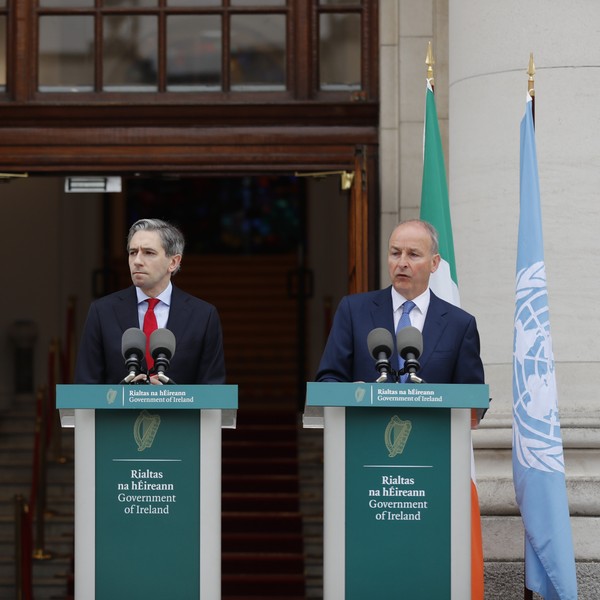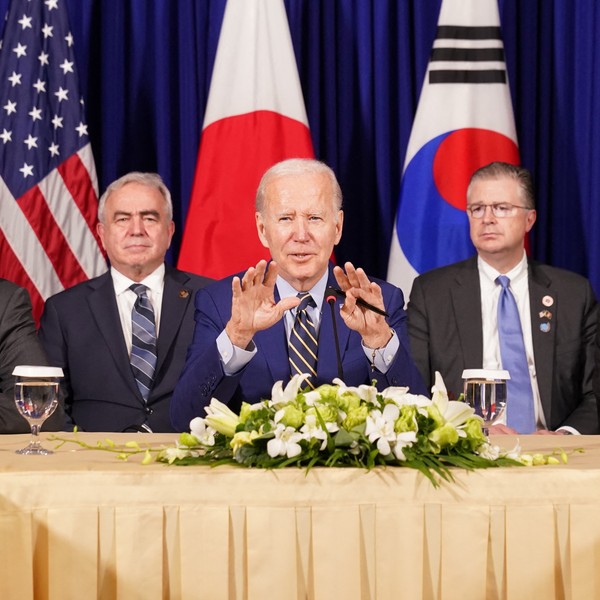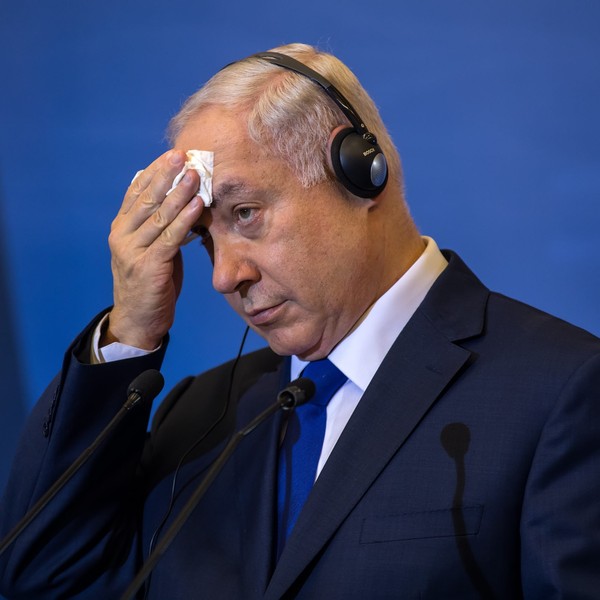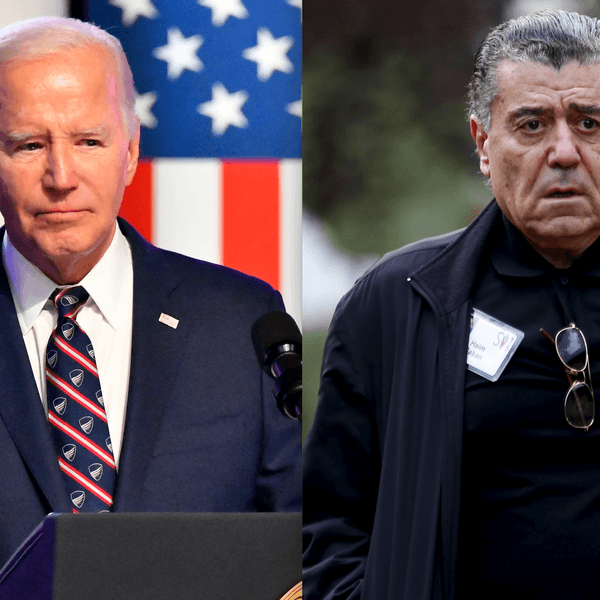The House voted today to pass Rep. Ro Khanna's amendment to end U.S. support for Saudi Arabia's war on Yemen. The amendment passed with 11 Republicans voting in favor, and 11 Democrats voting against, with a final vote of 219 to 207. The passage of the amendment represents a win for those that have pushed to end American complicity in the war on Yemen since the Saudi-led coalition began its aerial bombardment in 2015.
However, this may just be deja vu all over again. The California Democrat passed the same amendment in 2019, but it was removed from the final version of the National Defense Authorization Act, along with many other progressive defense priorities that passed the House vote, but did not survive conference. At the time, House Armed Services Committee ranking member Adam Smith faced rebuke for not fighting harder, but he could claim that with the Democrats in the minority, he could not dictate the outcome.
This time, Smith is the chair of the House Armed Services Committee, and so can no longer hide behind the excuse of having his hands tied. However, the concern among progressives like Khanna is that another Yemen amendment also passed the House: House Foreign Affairs Committee chair Gregory Meeks's amendment reflects similar language used by the White House, ending U.S. support for "offensive" Saudi operations. Biden committed to this back in February and paused arms sales to Saudi Arabia, but Saudi air strikes have continued at comparable levels as those observed during the last year of the Trump administration, signaling that U.S. support for offensive operations is unchanged, despite Biden's statement to the contrary.
Relatedly, the Senate version of the NDAA (section 1272) likewise reflects similar language as the Meeks amendment: "Prohibition on support for offensive military operations against the Houthis in Yemen." This increases the likelihood that in the process of reconciliation, Khanna's amendment will be stripped and Meeks's will remain, leaving American involvement unchanged.
In conference, the negotiations to reconcile the House and Senate versions will take place between HASC chair Adam Smith, Senate Armed Services Committee Chair Jack Reed, as well as Majority leader Chuck Schumer and House Speaker Nancy Pelosi. White House preferences will also be considered, to avoid the possibility of a presidential veto of the NDAA.
The likelihood that Khanna's amendment will not be included in the final bill raises the possibility that Khanna may once again try to pass a War Powers Resolution to force the White House to comply with the wishes of the majority of members of Congress, who likewise represent American public opinion on the imperative need to withdraw U.S. support for this war.
Although Khanna's amendment may ultimately not achieve its stated objective, the passage of his bill on Saudi Arabia's National Day may drive home the fact that many Americans are tired of successive administrations bowing to Saudi preferences over those of the U.S. public.















